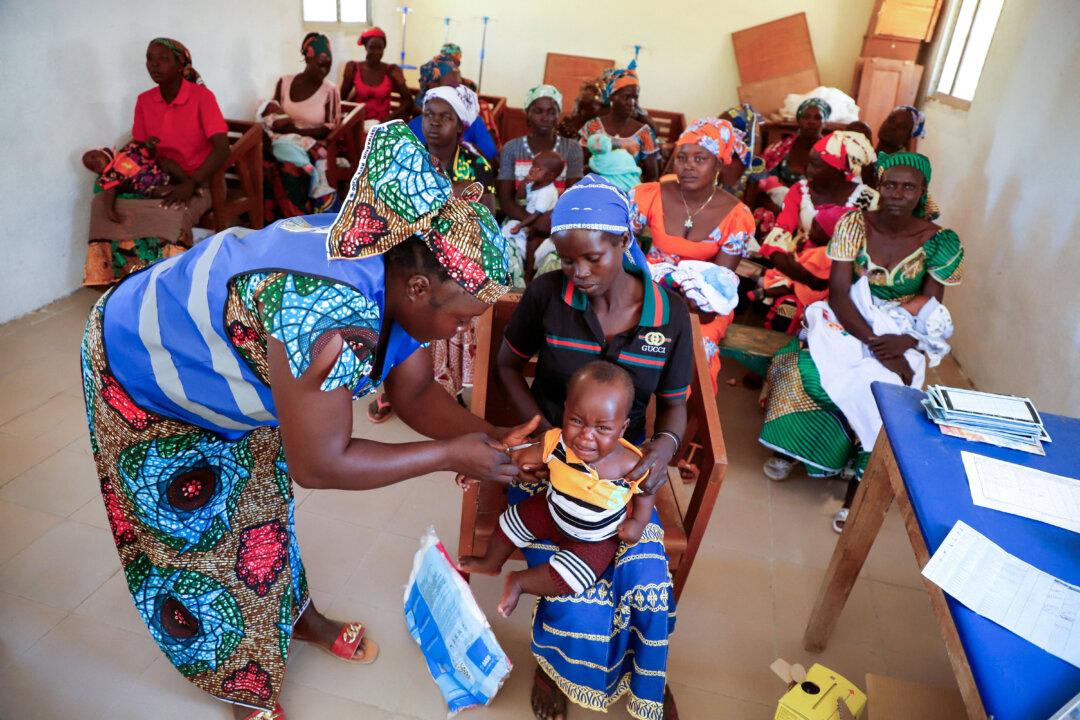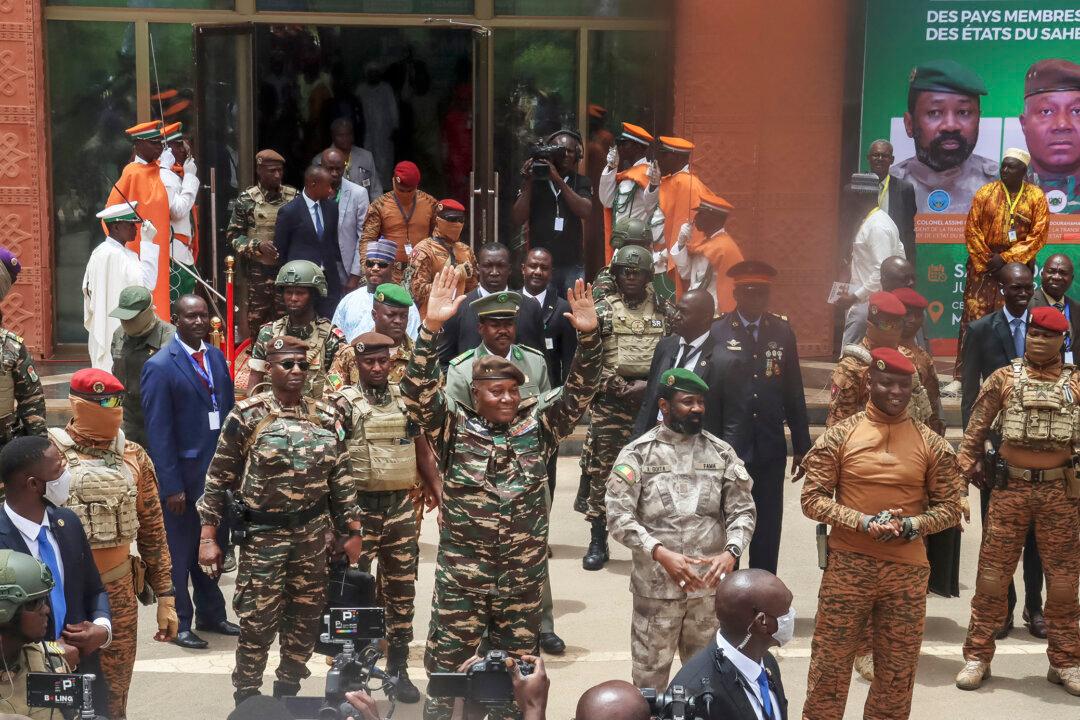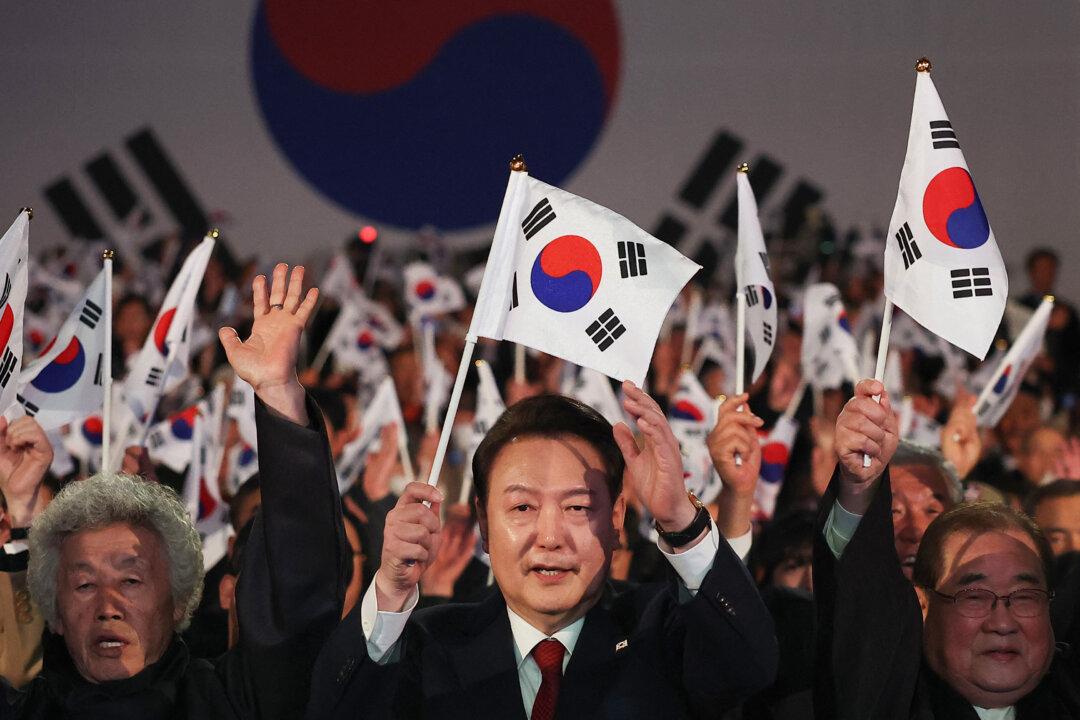In what reads like a reenactment of the October 2020 massacre of school children in Cameroon, children have yet again paid a heavy price in the drawn-out war rocking the Central-African state.
On November 24, 2021, unidentified gunmen stormed a state-run secondary school in Ekondo Titi, Ndian Division of South West Cameroon, killing four students and a female teacher. Seven other students were wounded. The South West Region of Cameroon is one of the two English-speaking regions of the country where separatists have been fighting to form a breakaway state which they call “Ambazonia” since late 2016. A similar attack happened in the same region on October 24, 2020, when gunmen opened fire in a school killing seven children and wounding 13 others. Both the Cameroon military and the leaders of the Ambazonia secessionist movements blame each other for the separate attacks.





